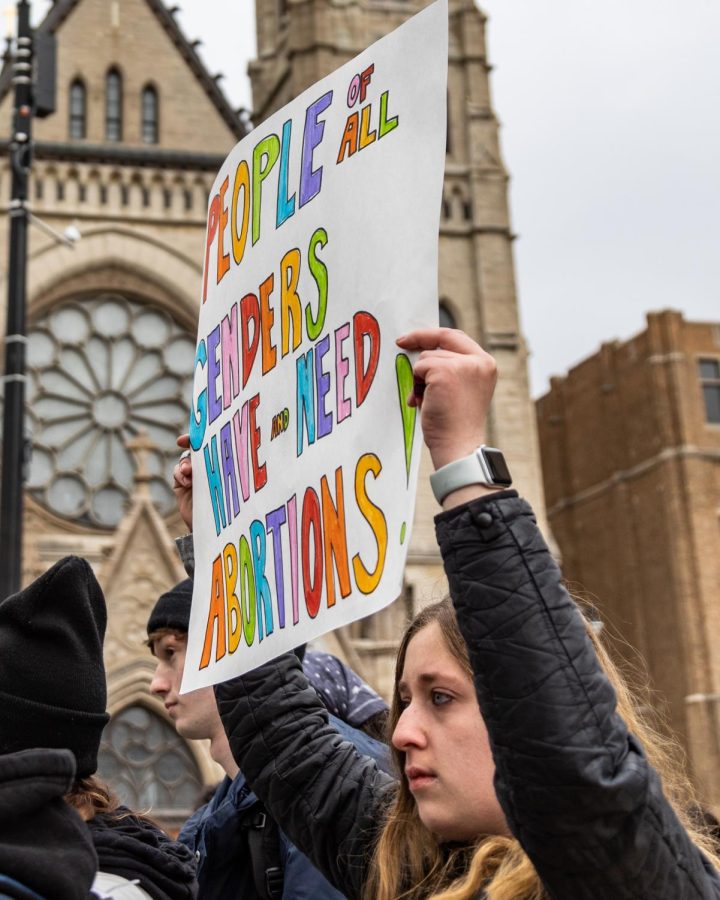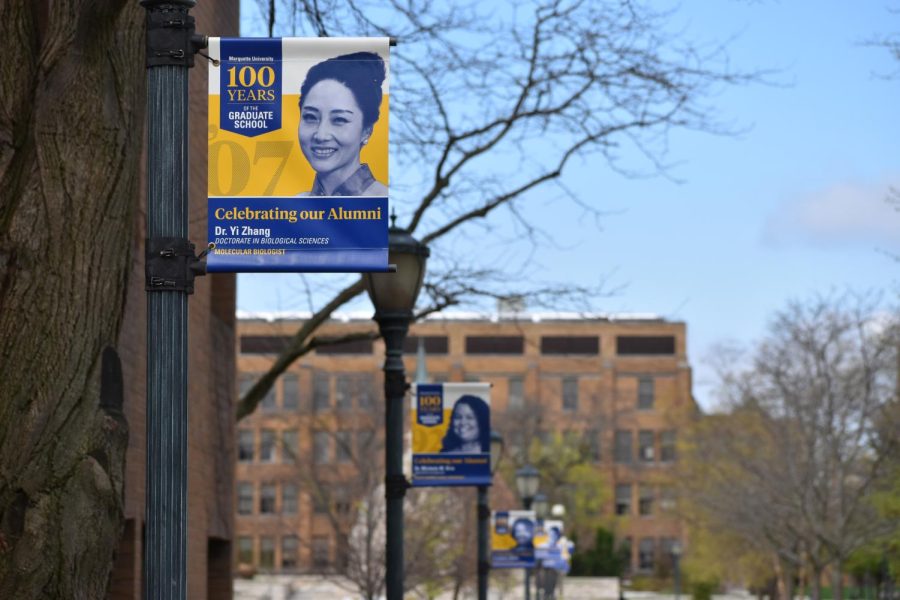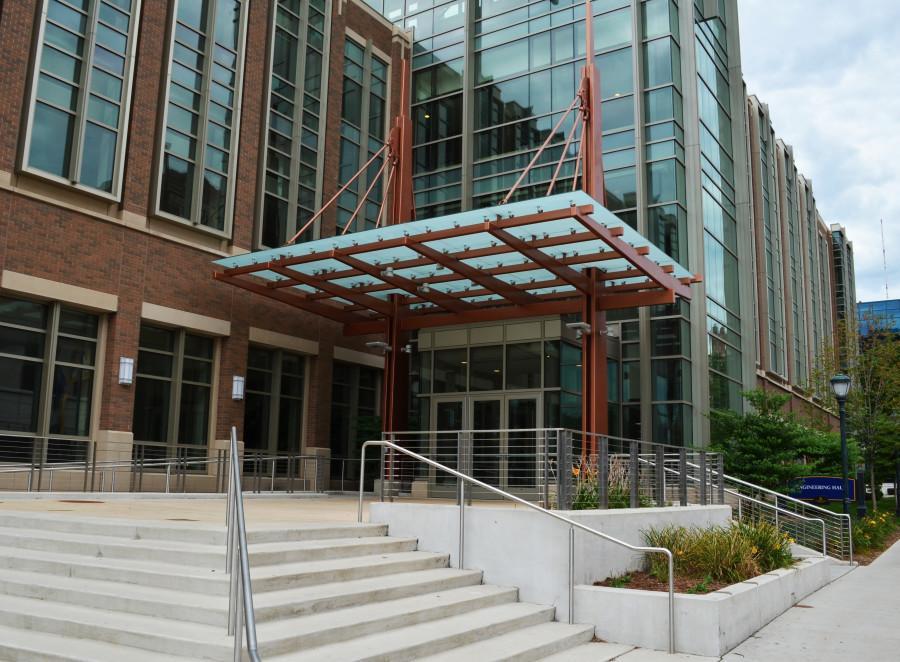Marquette University recently announced it formed a task force called the Impact of Alcohol and Other Drugs on the Marquette University Campus, according to an Oct. 30 university news release. In all, 60 community members are serving on committees as part of the initiative.
While the task force aims to support students and Marquette’s reputation, the university’s decision to allocate so many resources toward a largely unfounded issue is problematic.
In its statement about the problem, the university notes, “too many Marquette University students drink to excess which results in significant academic, social, financial, perceptual and physical consequences.”
The claim that “too many” students engage in this behavior may be true. It is undeniable that drinking accompanies the perception of the traditional college experience, leading to problematic behaviors by experimenting students. However, the subjective descriptor of “too many” seems to lack concrete evidence from the university.
In its Aug. 28 presentation on the task force, the university references a 2017 drinking study on the University of Wisconsin-Madison. The study found that alcohol culture decreased the comfortability of academic settings, lessened competitiveness in classes and caused students to avoid areas due to harassment from drunk people, according to the presentation.
But the University of Wisconsin-Madison has a much different culture than Marquette. The University of Wisconsin-Madison falls #13 on the Princeton Review’s list of party schools, which includes both public and private institutions of higher education. Marquette isn’t on the list.
The university should not draw false correlations between the culture on Marquette’s campus and the culture on other campuses. This loose analogy is a foundation for a task force that receives a seemingly unnecessary amount of resources.
According to the Aug. 28 presentation, Marquette’s task force aims to create a supportive environment for students to make the decision to not drink, which it says aligns closely with the university’s mission. The presentation said the university wants to frame alcohol prevention as an issue of academic success. This includes attempts to work against the negative effects of excess drinking on enrollment and retention for students of diverse backgrounds. The university hopes it will be able to recruit diverse and high achieving students and create a more inclusive environment for marginalized students and students of color.
To accomplish its goals, the task force consists of a steering committee, as well as four additional committees: policy and enforcement; communication and messaging; prevention, intervention and recovery programs; and institutionalization.
The university referenced eight guiding documents for its task force, which consists of studies, summaries, reviews and other resources. Of these documents, only one specifically consists of data related to Marquette University from AlcoholEdu, an online educational program required for incoming students.
Generalized research should not be used to address potential problems on a specific college campus.
Not only does the university not seem to have enough specific data to establish the misuse of alcohol and drugs as a prevalent campus issue, it has cited a goal of establishing itself as a leader in student well-being as a primary reason for creating the task force.
This is problematic because it puts the image of the university above the actual needs of students.
As part of the task force, the university said it will complete a climate survey and impact review related to alcohol on campus. This step should have been completed before the university dedicated dozens of members of the community to a task force to address an issue that has not been clearly established at Marquette.
In a statement on the background of the task force, the university said, “Decades of research in alcohol and other drug prevention have yielded evidence-based practice to address the culture of alcohol misuse on college campuses.”
The university should complete its own in-depth research on alcohol and drug issues at Marquette. After that, a task force might make sense — but only if specific data proves it.





